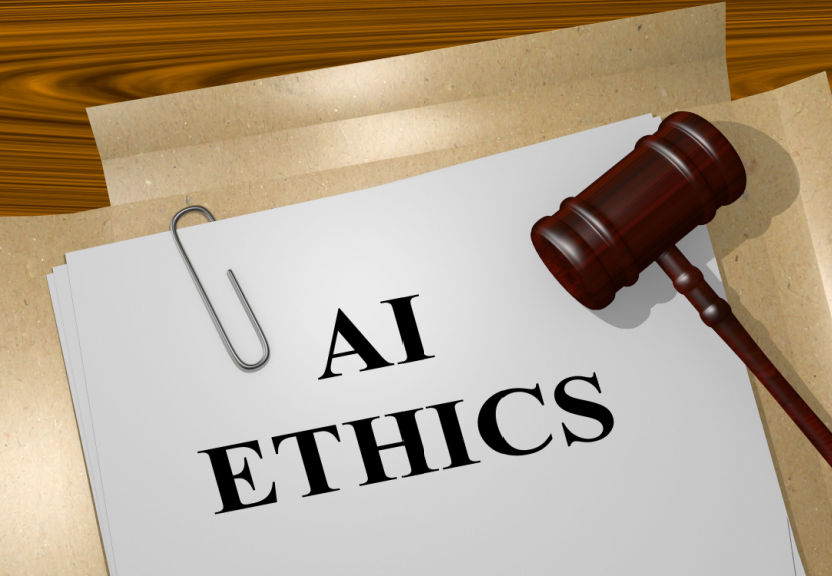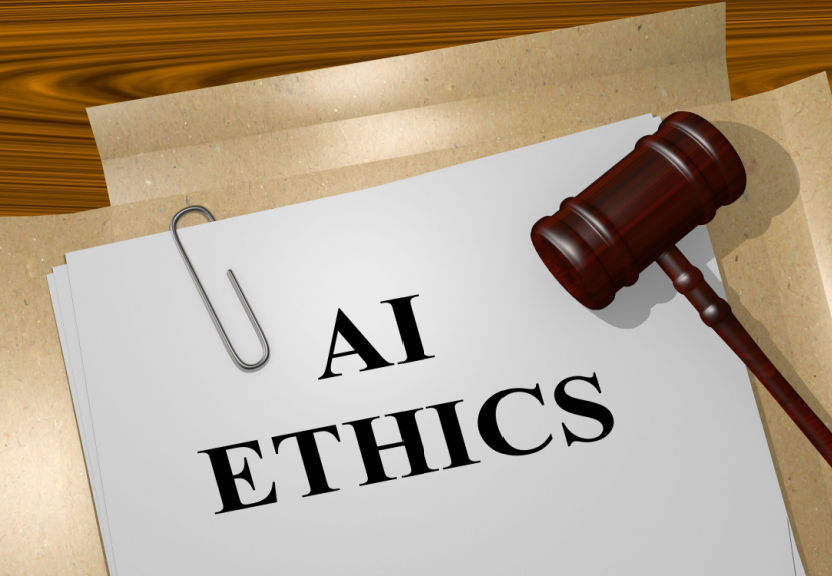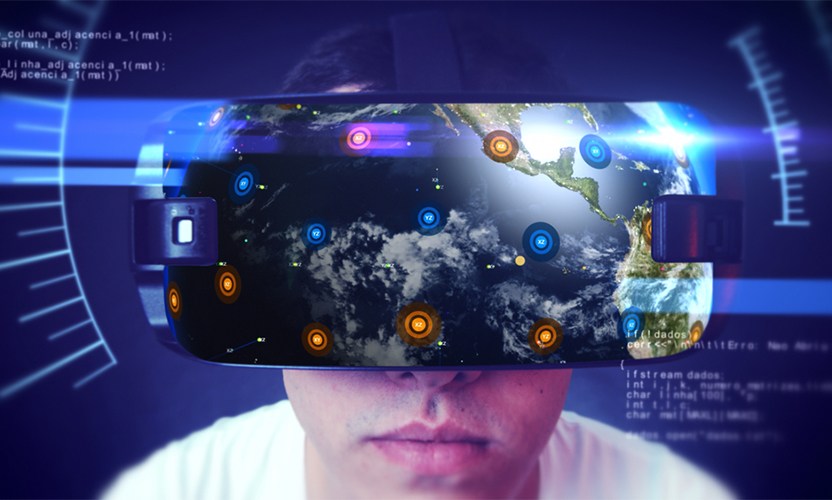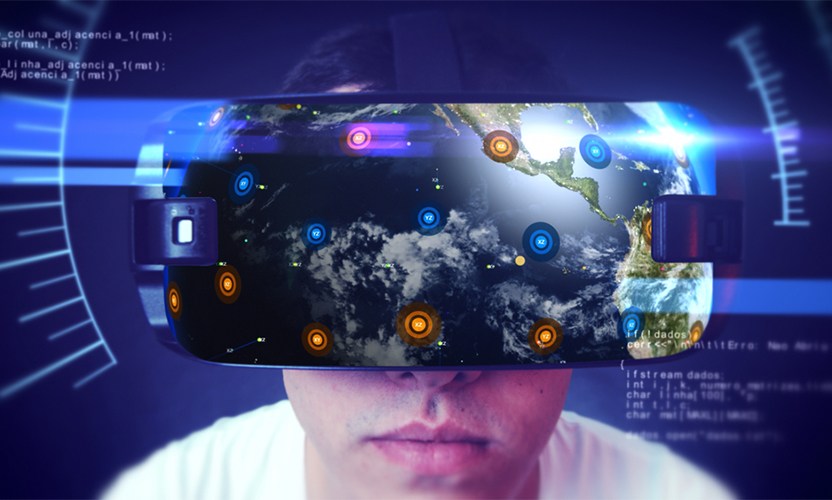Exploring the Synapse: Brain and Machine Intersection
Neurotechnology, also known as Brain-Computer Interface (BCI), is a field of research that aims to understand and develop technologies that can interact directly with the brain. It combines the fields of neuroscience, engineering, and computer science to create devices and methods that can read and stimulate the brain, allowing for direct communication between the brain and machines.
One of the most significant applications of neurotechnology is in the field of medicine. BCI devices can be used to help people with neurological disorders such as Parkinson’s disease, spinal cord injuries, and stroke, to regain control of their movements and improve their quality of life. For example, BCI devices can be used to control prosthetic limbs, allowing people with spinal cord injuries to regain the ability to move their limbs.


Another area where neurotechnology is being used is in the field of human-computer interaction. BCI devices can be used to create a direct communication between the brain and computers, allowing users to control computers, smartphones, and other devices using their thoughts alone. This technology has the potential to revolutionize the way we interact with technology and make it more intuitive and efficient.
Neurotechnology is also being used in the field of entertainment. Virtual Reality (VR) and Augmented Reality (AR) can be used to create immersive experiences that can be controlled using BCI. This technology can be used to create new forms of entertainment, such as interactive movies and games that can be controlled using thoughts alone.
The field of neurotechnology is still in its early stages, and more research is needed to fully understand how the brain works and how to best interact with it. The technology is also facing some ethical concerns, such as privacy and security. It’s important for researchers and developers to consider these ethical concerns as they continue to develop and improve neurotechnology.
In conclusion, neurotechnology, also known as Brain-Computer Interface (BCI), is a field of research that aims to understand and develop technologies that can interact directly with the brain. The field has a wide range of applications from medicine to human-computer interaction and entertainment. However, it’s important for researchers and developers to consider the ethical concerns that arise with this technology. As the field of neurotechnology continues to evolve, we can expect to see new and innovative applications that will change the way we interact with the world.
The articles and information within this website are my sole opinion and derived from my sole experience. They are meant for general information purposes only and is not meant to substitute professional dietary and/or health advice or treatment. If you have or suspect you may have allergies or medical issues which may be affected by certain foods, or have or suspect you may have any illness and/or disease and/or chronic ailment and/or other, you should promptly contact your health care provider. Any statements regarding diets and/or nutrition and/or health are to be used at your discretion and are not intended to diagnose, treat, cure or prevent any disease.

























